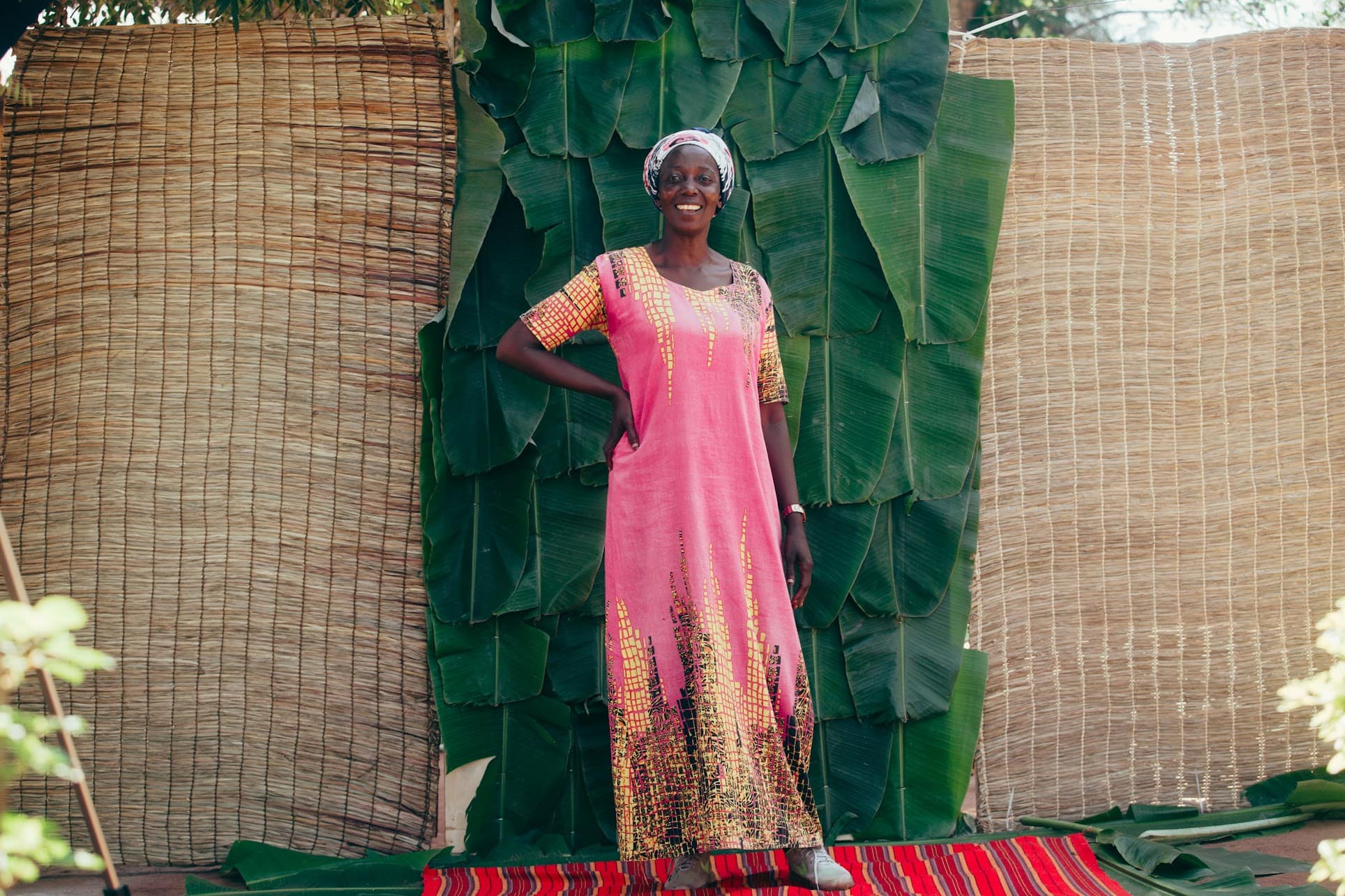UNiTE! Activism To End Violence Against Women And Girls
Each year, from November 25 (International Day for the Elimination of Violence) to December 10 (Human Rights Day), the world commemorates 16 Days of Activism to end one of the most persistent human rights abuses: violence against women and girls. This year’s theme — UNiTE! Activism To End Violence Against Women And Girls — calls on each of us to invite governments, the private sector, civil society and particularly young people to demand an end to violence against women and girls.
What does gender-based violence have to do with hunger?
There is a strong link between women’s empowerment and food security and addressing gender inequality is vital in ending hunger. Women facing descrimination and violence are denied access to food, income and opportunity. Women bear almost all responsibility for meeting the basic needs of the family, and when they face violence both in and outside of the home, they become isolated from their communities and a cycle of poverty and hunger is perpetuated for her and her children.
Time and again we see that, when treated with dignity and given the opportunity to generate and control an income, women routinely invest significant portions of their income in food, healthcare and education for their families. And with the current global food crisis, the world needs more women as key change agents more than ever.
What is the state of gender-based violence?
The World Health Organization estimates that one in three women worldwide experiences physical or sexual violence at some point in her lifetime. Since the COVID-19 pandemic began, violence against women and girls has only intensified.
While lockdowns were and still are necessary to curtail the spread of COVID-19, they have become mechanisms of power used by perpetrators to further isolate their victims from the outside world. During the pandemic, women could not access support systems such as medical care, psychological assistance and legal resources. Plus, the failure of governments to prioritize social welfare organizations as essential services during the pandemic exposed women leaders and advocates to abuse, threats and harassment both online and offline preventing them from performing their duties.
Uniting to end gender-based violence.
At the heart of our work is our commitment to Gender Equality, which creates space for women’s safe participation in their local societies and economies. We advocate for policies that eliminate gender bias and highlight the value of education and empowerment of girls at a young age to reduce child marriages. For this year’s 16 Days, we invite you to join the global movement to advocate for gender equality, safety and rights of women and girls:
- Invest in programs that elevate women and girls.
- Declare your commitment on social media using #16Days
Post photos and videos featuring the color orange and “orange” virtual spaces from 25 November to 10 December. (Orange has been used by UN Women for several years to represent a brighter future, free from violence against women and girls.)
More about our work to end gender-discrimination.
- Women’s Empowerment Program: Since 2008, 1,160,005 people have participated in HIV/AIDS and Gender Inequality Workshops through The Hunger Project. Our Women’s Empowerment Program works with women as they become advocates for human rights and gender-based issues within their communities. At The Hunger Project, we believe that if gender equality is to be fully realized, both women and men need to be involved in the conversation.
- Promote girls’ safety in schools and protect their right to choose education: In Bangladesh, we have helped create the “Safe Schools for Girls” program which advocates against early child marriages and supports girls in their fight to end this oppressive practice. We believe whole-heartedly that securing the right to choose one’s path as a young girl will greatly reduce rates of gender-based violence in Bangladesh as women reach higher education and can protect themselves from harmful child marriages. Watch Lilabati’s and Rumi’s stories about their fight to stay in school and avoid early marriages!
Image: Hadija from Uganda, 2021
Photo for the The Hunger Project by Martin Kharumwa

